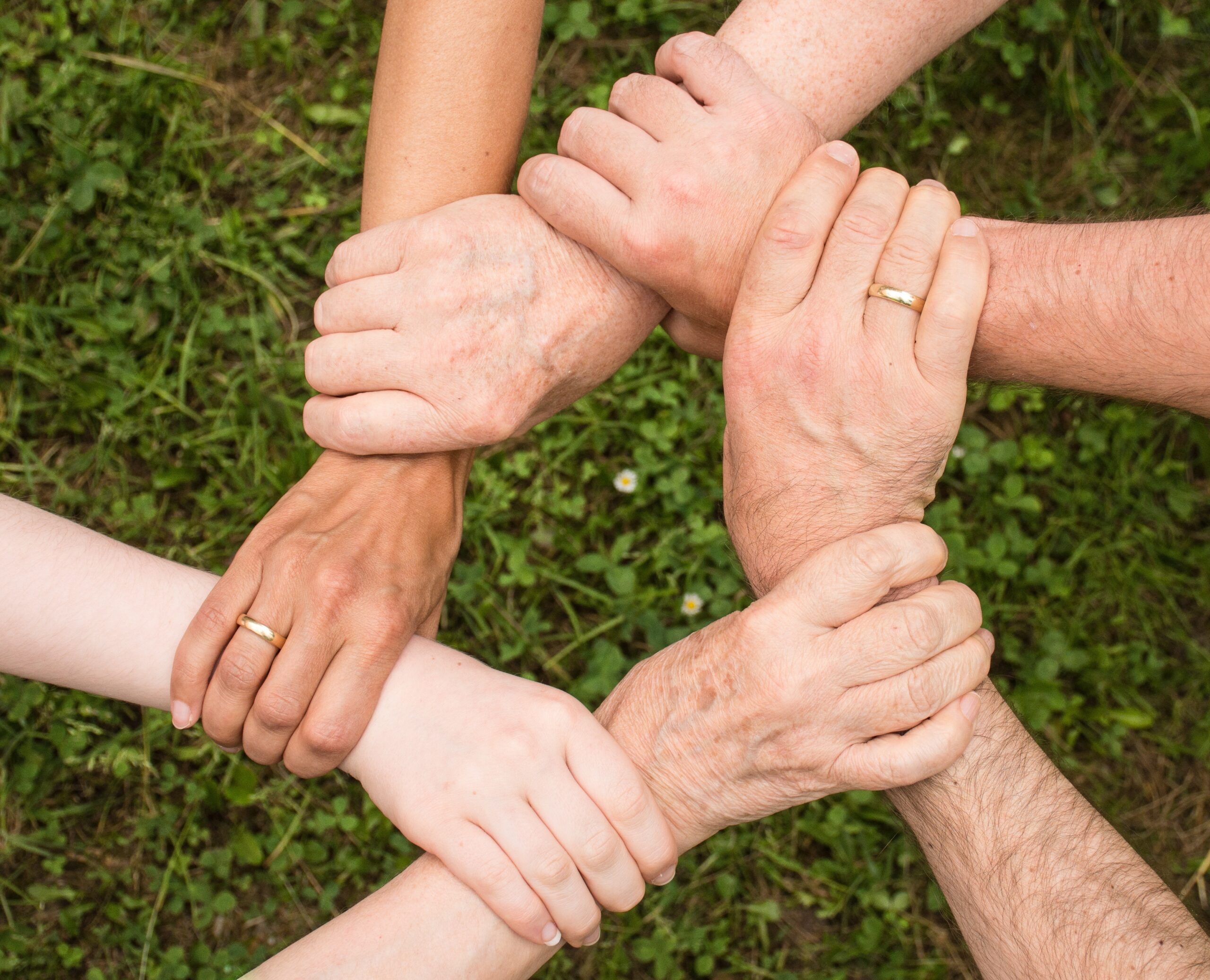December 2022
Our awareness of loneliness has been heightened in recent years by the impact of the Covid-19 pandemic, with isolation requirements forcing many into seclusion for weeks and months. Research has now shown that there has been a ‘small but significant’ increase in the experience of loneliness around the world, about 5% globally, although the actual extent varies from place to place.
In Europe, the rate of loneliness reportedly doubled to 25% during the pandemic. A recent report states that over half of the adult population in the United States experience loneliness. In Australia, the AIHW reported that in January 2021 just over one-third of people have reported feeling lonely in the past week.
But loneliness didn’t begin with the pandemic. We experience loneliness when we lack the level of emotional connection that we need or desire. Many of us will experience occasional loneliness at some point in our lives but the rate at which people worldwide are experiencing chronic loneliness is worrying.
Loneliness – which is not the same as solitude – is a subjective feeling of being alone, and can be experienced even in a crowded room, while with family or friends, or during work gatherings. It is a feeling that somehow we are not connected to, or understood by, others. It can be a devastating feeling. It’s not surprising that loneliness is now being recognised as a public health issue.
Over the past couple of decades research has shown that loneliness can be a risk factor for a range of physical diseases including heart disease, diabetes, dementia and premature death. Loneliness can also be both a contributing factor to and an outcome of mental conditions such as anxiety, depression and suicidal ideation.
It is often assumed that loneliness is more prevalent in older age; in fact, young people are more likely to feel lonely than those who are over 65. More than twice the number of Australians aged 16-34 (20%) experienced high levels of psychological distress in 2020-21 compared to people aged 65-85 (9%).
What can be done?
Loneliness is now considered such a big risk factor for health that the Global Initiative on Loneliness and Connection (GILC), with membership of national organisations from ten countries, was founded to take action to address loneliness and increase social connection in order to benefit population mental and physical health.
Many countries are establishing policy frameworks to respond to this isolating social phenomenon by improving emotional engagement with others in the hope of making some impact in reducing loneliness. The United Kingdom established a Minister for Loneliness and published a strategy to address loneliness in 2018. Japan has since followed with its own Minister for Loneliness and Isolation in 2021.
In New Zealand at least two not-for-profit organisations, Conquering Loneliness in NZ and Let’s End Loneliness, have been created to address loneliness, increase social connection and improve wellbeing. The Australian Government funds the Seniors Connected Program to reduce loneliness and increase social participation for people over 55, while the national network Ending Loneliness Together seeks to bring organisations together to address loneliness in Australia.
However, attempts by governments to address loneliness can only be one part of the solution. The solution to loneliness is relational. Each one of us can contribute to improving the health and wellbeing of ourselves and our neighbours, simply by attending to the basic human need for connection and belonging.
If you are lonely, it is good to remember that you are not alone, even though it may feel like it. Please take extra care of your mental and physical health. You can reach out to others for help, or help others in need yourself by volunteering at a local charity. You can also seek new relationships through joining a social group, faith community, or sporting club. There are a number of organisations that can provide support, including the following Australian helplines:
Lifeline: call 131114 or visit https://www.lifeline.org.au/
Beyond Blue: call 1300 224 636 or visit https://www.beyondblue.org.au/get-support/talk-to-a-counsellor
Christmas is often a time when many people feel more lonely than usual, as media abounds with images of happy families sharing time together, something that not all of us experience in our own lives. The holiday season is a good time to attend to nurturing existing relationships and building new ones, for everyone’s benefit in the new year.
Say hello to a stranger, invite a neighbour over, or offer to assist someone you know who could use a hand. Call someone and ask how they are. Look someone in the eye and smile. It could be the perfect gift.

